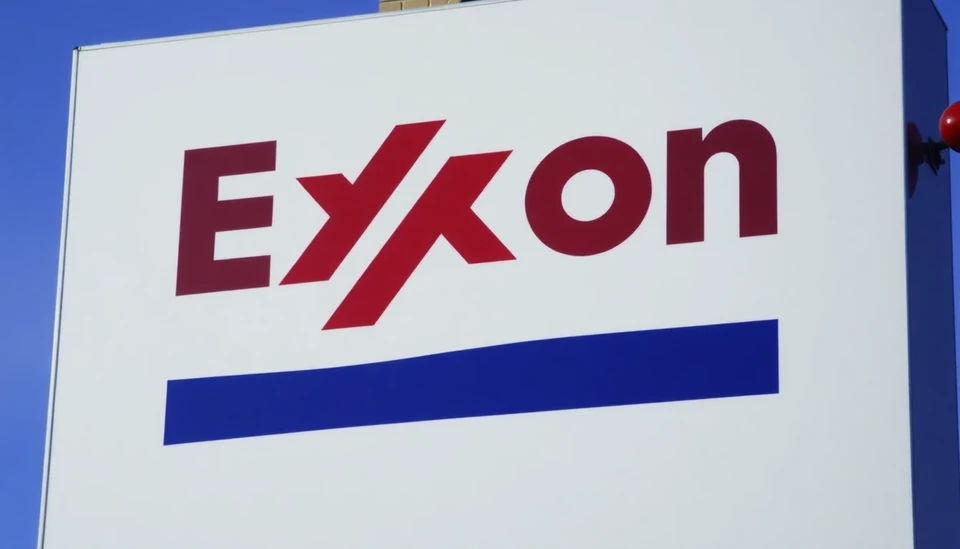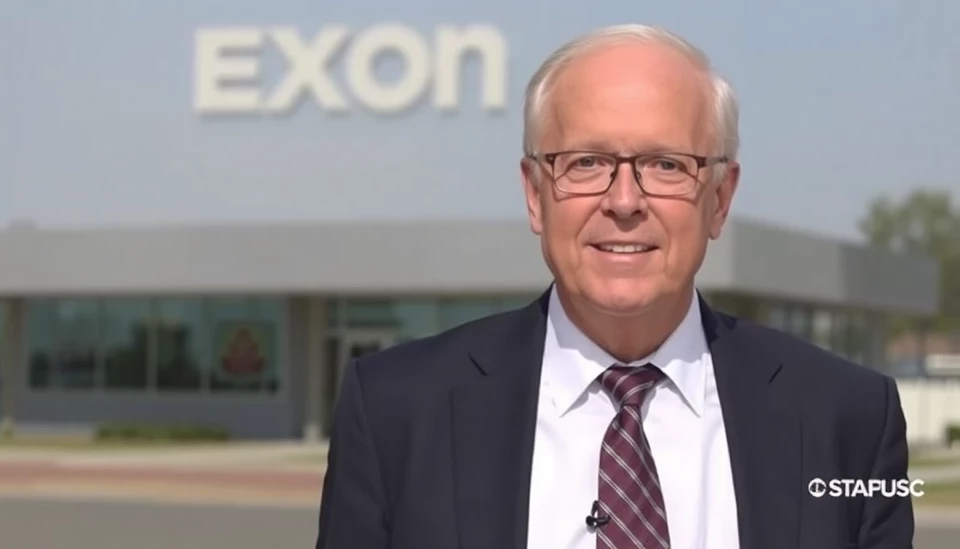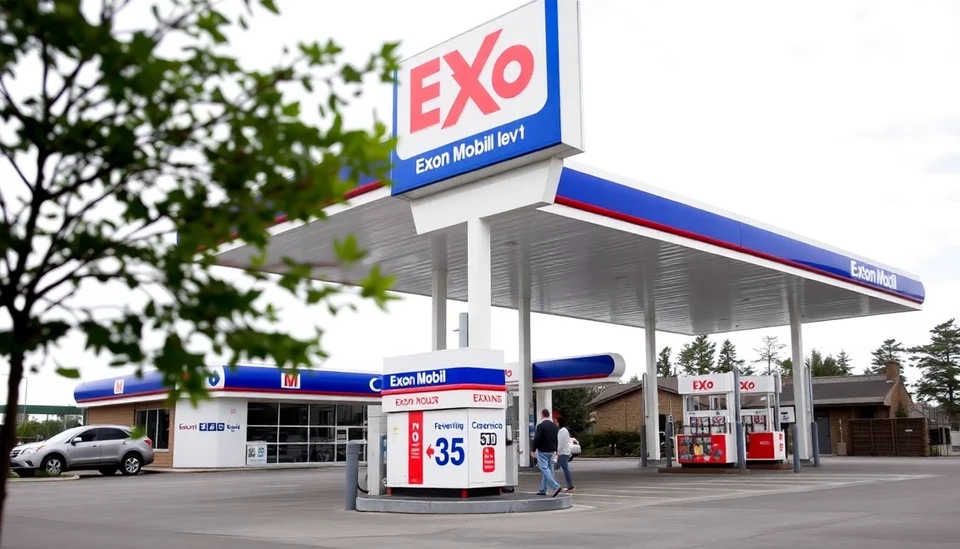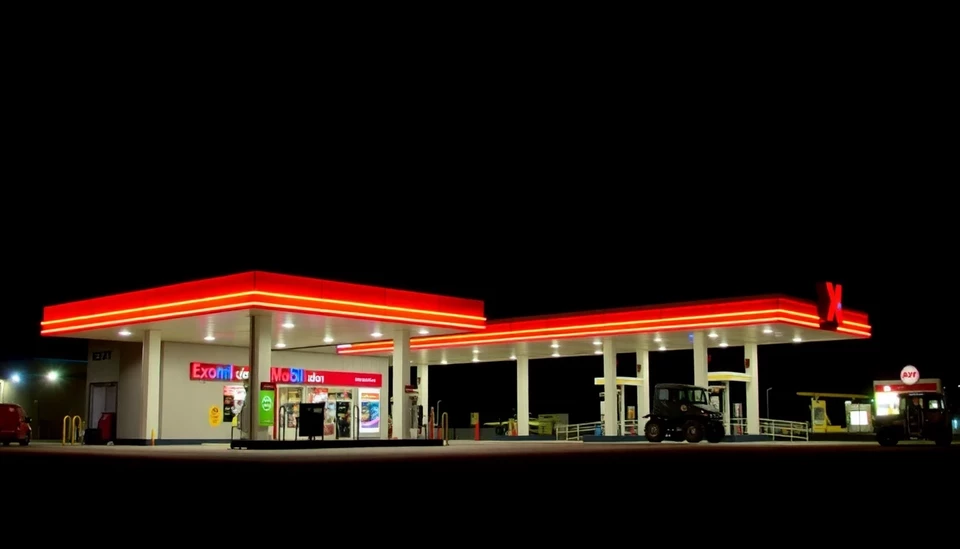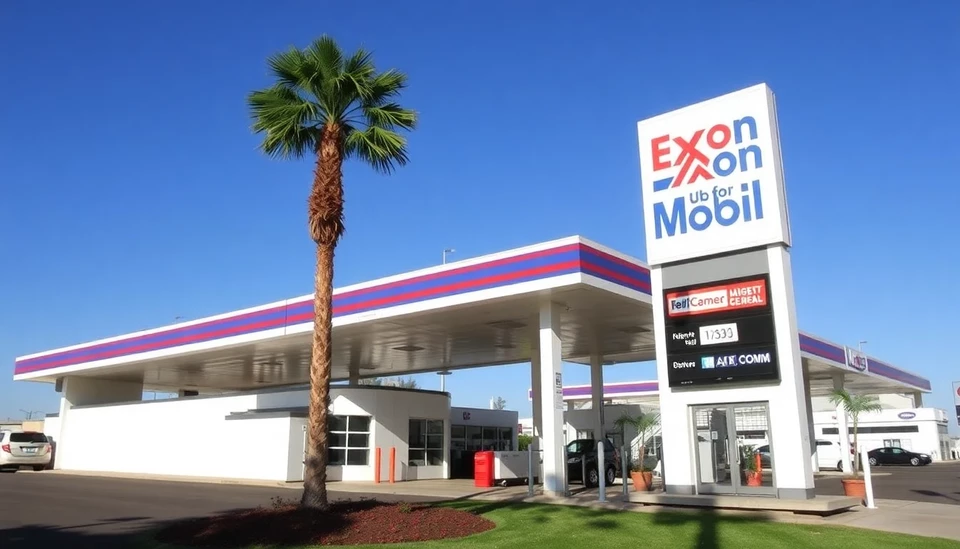
In a significant legal move, Exxon Mobil Corp has filed a lawsuit against multiple parties in California, including the state's attorney general and various environmental organizations. The oil and gas giant claims that these entities have engaged in a campaign of defamation that has adversely affected its reputation and business operations. This lawsuit marks a pivotal moment in the ongoing clash between fossil fuel companies and environmental advocates amid increasing scrutiny of the oil industry’s role in climate change.
The lawsuit, lodged in the U.S. District Court for the Central District of California, accuses Attorney General Rob Bonta as well as a coalition of environmental groups—including well-known organizations like Greenpeace and the Sierra Club—of using deceptive messaging and perpetuating false statements about Exxon’s environmental practices and its long-term impacts on climate change. Exxon argues that these statements are not only misleading but are also part of a coordinated effort to harm the company’s public image and to influence regulatory policies against its operations.
Exxon’s legal team lays out specific instances of alleged defamatory statements that they claim have been disseminated widely, contributing to a “toxic atmosphere” for the company and exacerbating the challenges faced by the fossil fuel sector in an environment increasingly hostile to carbon emissions. As part of its defense, Exxon accuses the environmental groups of failing to consult factual data and scientific evidence when making claims about its supposed culpability in climate-related issues.
This legal confrontation is rooted in a broader context where fossil fuel companies have been under immense pressure amidst a global push for sustainability and a transition to renewable energy sources. The litigation comes shortly after California intensified its regulatory framework aimed at reducing carbon emissions, positioning itself as a leader in the fight against climate change. The lawsuit’s timing suggests a strategic effort by Exxon to assert its narrative in a highly publicized debate over environmental accountability.
Moreover, Exxon’s complaint highlights the dichotomy of narratives within the public domain, arguing that while the plaintiffs claim to stand for environmental justice, they are, in fact, engaging in activities that are counterproductive to open dialogue about energy production and climate realities. The company insists that it remains committed to cleaner energy strategies and innovation that would address climate challenges, but argues that continued attacks hinder constructive discussions.
As the lawsuit unfolds, analysts speculate on its long-term implications for both the oil industry and advocacy groups. If Exxon succeeds, it could pave the way for other companies to follow suit, potentially chilling the speech of environmental groups and altering the public conversation around climate change and corporate responsibility. On the other hand, a ruling against Exxon could embolden activists and governments in their critique of fossil fuel operations, further escalating tensions in this contentious and divisive landscape.
The energy sector's future remains uncertain as society grapples with the urgent need for climate action. Notably, this lawsuit underscores the complexities and contentious nature of the relationship between businesses operating in traditional energy sectors and those advocating for environmental safeguards as we move towards sustainable solutions.
As events continue to unfold, all eyes will be on the court's decision regarding this case, which could have far-reaching consequences not only for Exxon Mobil but for the wider energy industry and environmental movement. Stakeholders from various sectors are keenly observing how this legal battle will shape the discourse surrounding corporate accountability in the face of climate change.
#ExxonMobil #DefamationLawsuit #EnvironmentalJustice #ClimateChange #FossilFuels #California #LegalBattle #ClimateCrisis
Author: John Harris
